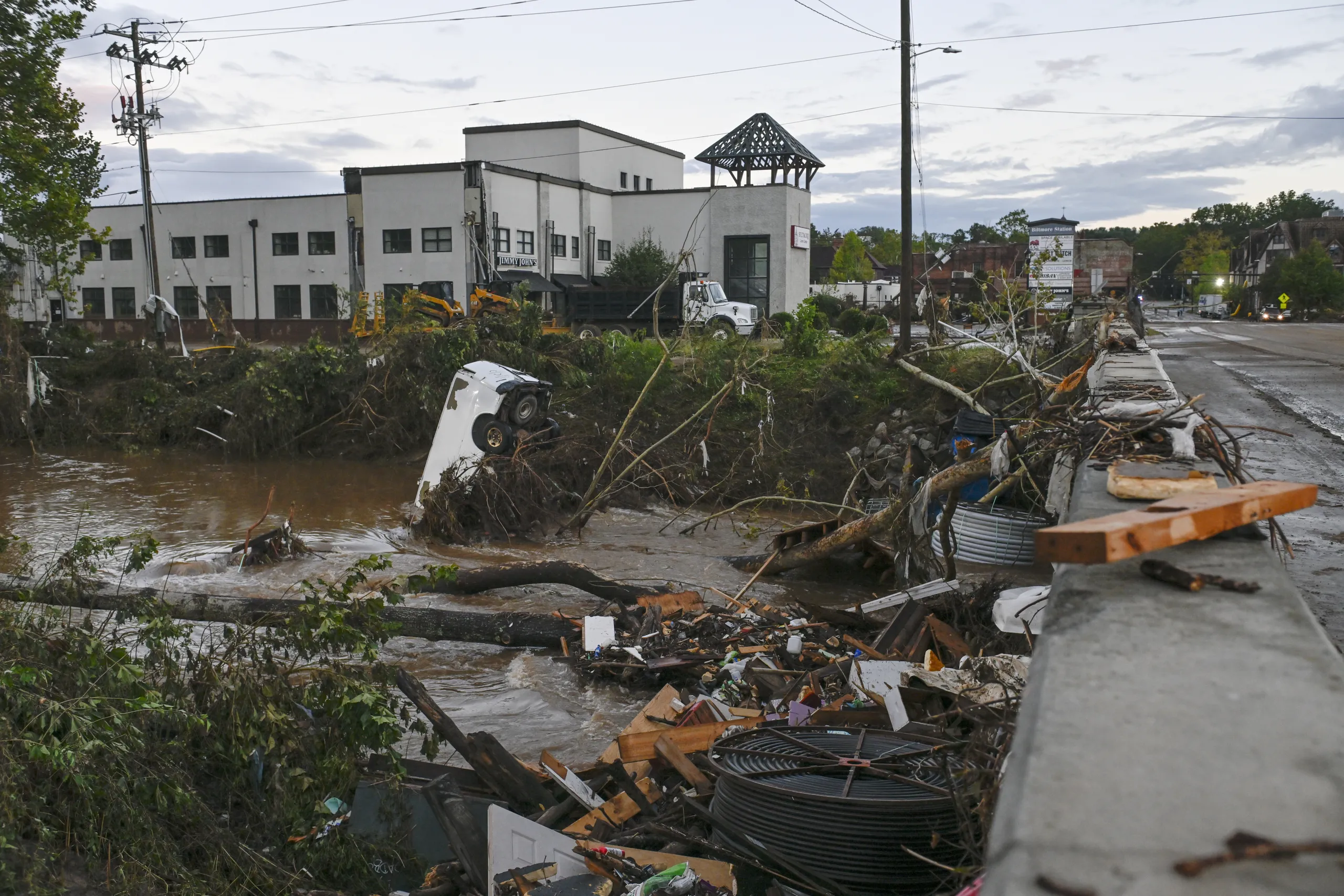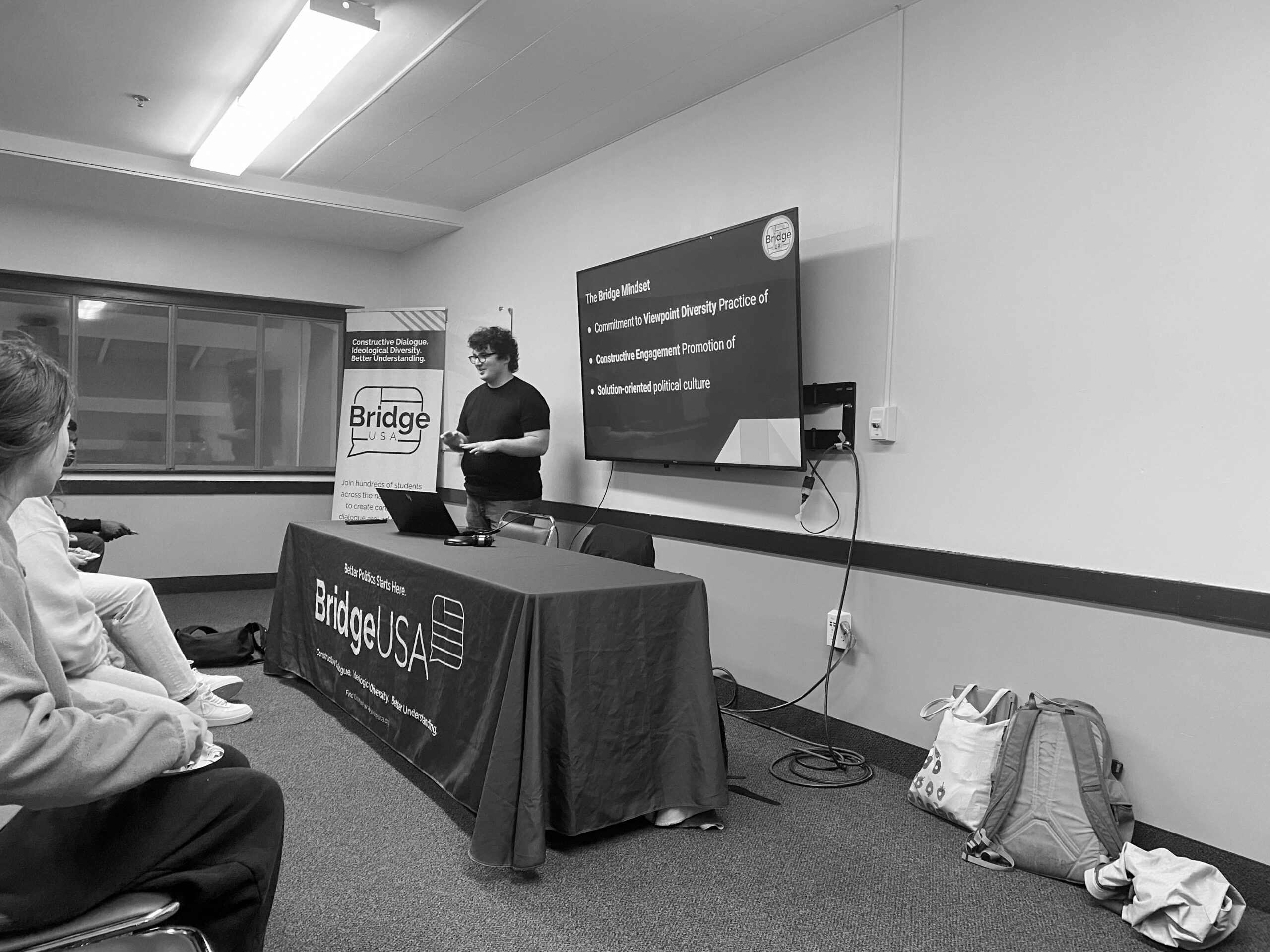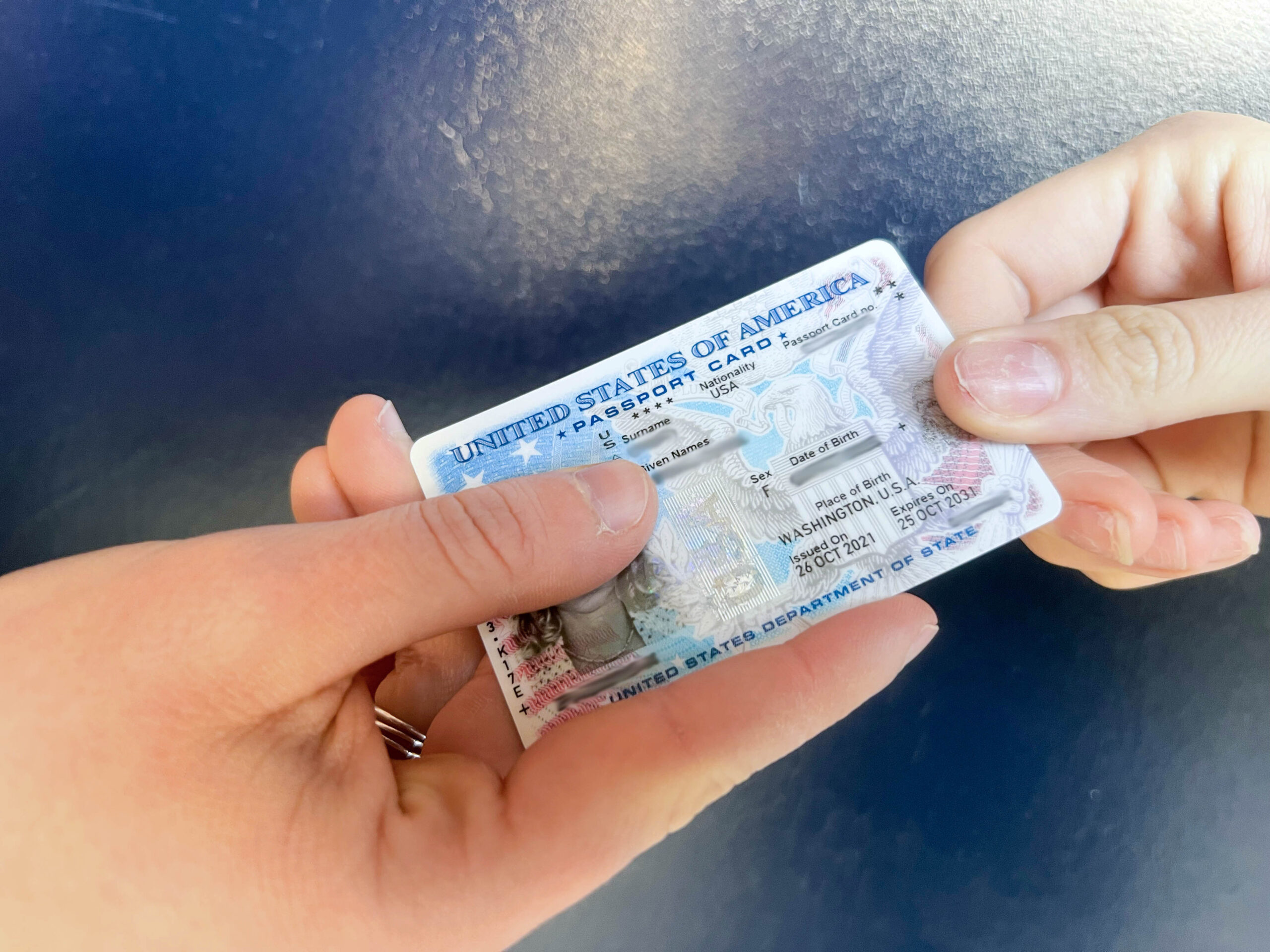In response to the recent Helene and Milton hurricanes, a second-year student at the University of Rhode Island created a hurricane relief fundraiser .
Andrew Fricano, the founder of University of Rhode Island Fundraise for Hurricanes, is an ocean engineering major and North Carolina native. He grew up spending time in the Appalachian mountains.
Hurricane Helene, a category four storm on Sept. 26, has a death count above 220, according to the Atlantic Oceanographic and Meteorology Laboratory at the National Oceanic and Atmospheric Administration .
On Oct. 9, Hurricane Milton made landfall as a category three hurricane on Florida’s gulf coast, according to NOAA’s Hurricane Milton data report . The death count for Milton is 26.
“This is my home,” Fricano said. “I know people affected. I have been in those mountains, spending weeks there. I know them well and it is my backyard at the end of the day.”
After experiencing Hurricane Florence in 2018, Fricano developed a personal understanding of how destructive and impactful hurricanes are. Disturbed by the lack of help survivors of Helene and Milton had, he took it upon himself to help make change at URI.
“I want to help people,” Fricano said. “Let’s do something, let’s help.”
Fricano began the process by reaching out to Project Health Opportunities for People Everywhere , a non-governmental aid organization aimed at helping national humanitarian issues.
Project HOPE is “life-saving,” according to Bria Justus, the project’s acting media relations director.
The aid organization has made it to North Carolina, providing volunteers and resources like water and non-prescription medicine, according to Justus. Project HOPE works closely with their donor community about the foundations responses and donation needs.
“[Raising donations] has been difficult,” Fricano said. “The Project HOPE side has been easy, but getting people to donate has been hard.”
Project HOPE gave him a vessel to collect the donations and spread awareness, Frianco said. However, public participation is lacking; with a goal of $10,000, they have raised $57 at URI.
“The more people who know, the greater chance someone helps,” Fricano said. “We are just shy of 15,000 undergrads [at URI]. If every person gives $1 or two, we would have $15,000.”
Fricano partnered with the URI Marine Technology Society and Theta Tau, the university’s professional engineering fraternity, for support.
The population Frianco is trying to reach is not necessarily the students of URI, but the parents, according to him. College students tend to live within their means and neglect donating, so he hopes URI students will share the fundraiser with their families to increase donations.
“Donate to those who need it,” Fricano said. “Give what you are comfortable with because it helps.”
With a lack of media coverage, it is the public’s duty to do good, according to Fricano. Fricano has used his motivation to bring awareness of the recent hurricanes to URI and to unite with his community.
“This is not my name, this is URI helping,” Fricano said.
With the URI community’s help, aid can be sent south. Aligning with the university’s slogan, “THINK BIG, WE DO,” the fundraiser has a goal to make change and to help communities beyond Rhode Island, according to Fricano.




